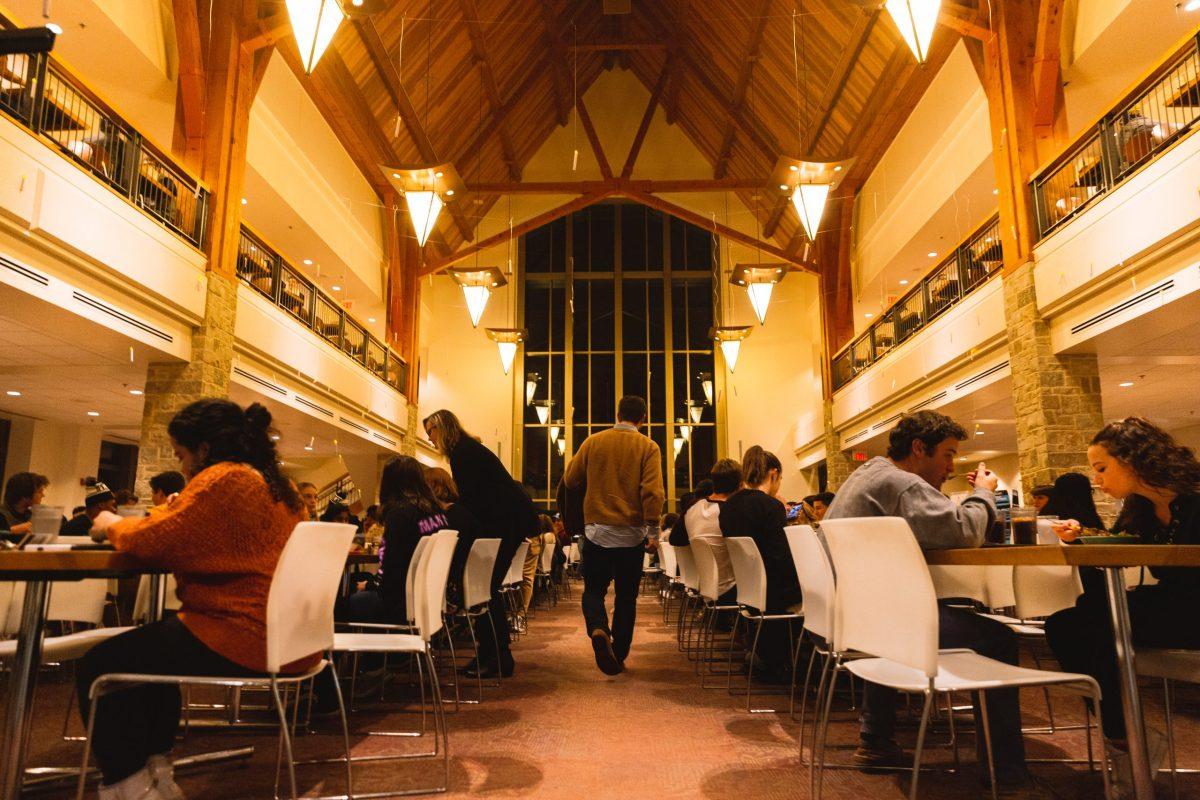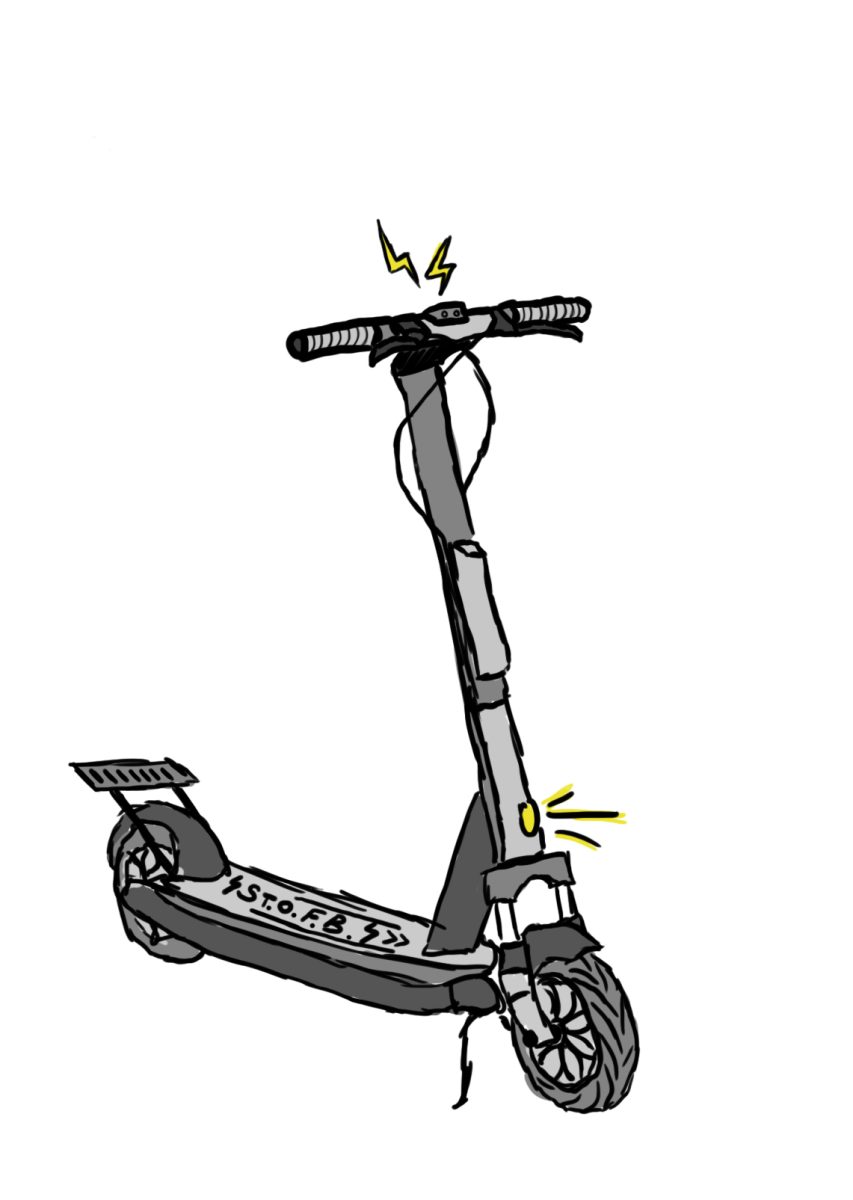Food waste is a growing problem in America. Food waste is an issue that must be addressed in all food environments: home kitchens, restaurants, hotels and, yes, college cafeterias. It is disheartening that in one of the world’s most developed nations, the USDA estimated that over ten percent of households did not experience food security in 2018. It is also a pity that the United States Department of Agriculture (USDA) estimates that food waste composes between 30 to 40 percent of the food supply.
You are likely pondering: ‘what can I do as an Ole to decrease food waste?’ And yes, limiting or eliminating the use of cafeteria trays might seem like a reasonable idea. It is admirable that students have launched a campaign to limit food waste in the Caf by limiting Caf trays. I wholeheartedly agree with these students that Oles should be mindful of our food portions, especially since our eyes are often larger than our stomachs!
College is a transition into young adulthood. It is a time in life when adolescents who are in their final teen years should be working to build a higher standard for personal responsibility. Personal responsibility permeates all areas of life. It not only applies to being a punctual and hard-working student, but also the amount of food we choose to put on our plates.
If Oles are aiming to be responsible contributors to society, we must be considerate of the amount of food we take each time we enter the Caf. When I was a freshman, my level of personal responsibility was still underdeveloped and I would put way too much food on my tray. As a junior, I try to use my inner monologue (and still struggle sometimes) to alert myself when I could be putting too much food on my tray. I would advise my fellow Oles to use “self-talk” to take less food while still using trays. Discipline is paramount for self-control, which can be cultivated over time.
Coercive measures to limit Oles’s food intake is wrong on multiple fronts. Its well-intentioned supporters have failed to address that their policy to limit or eliminate trays is a hinderance on young adults who are working to develop discipline and personal responsibility. But the tray limiting policy has already had multiple negative results. How are Oles expected to become responsible adults if our school officials doubt our capacity to do so? Well … this policy unequivocally casts a doubt on personal responsibility and may create a nanny-state.
Limiting or eliminating Caf trays also hampers students’ freedom to take their lunch, dinner or breakfast to different areas of campus. Many student organizations meet during dinner hours, students often meet in groups to study in the Cage and many like taking their trays across campus for other convenient purposes. Carrying a plate, a drink and silverware down the stairs is not only a spill hazard, but it takes away valuable time for students who might eat more than just one plate and would need to go back into the caf for more food.
Limiting or eliminating trays will likely increase chaos in the already cramped caf. Since not having a tray limits students’ ability to carry an often-reasonable amount of food (i.e. a plate, a bowl, a drink and a dessert), too many students will be walking head-on between the dessert cases and that could increase the likelihood of physical collisions. This could increase spills, leading to more food waste. It also takes away from students’ valuable table-time, which for many is a time of relaxing and communing with beloved friends and community.
Limiting or eliminating trays is also an infringement on students’ financial liberty because we are paying for our meals whether we eat or not. While I fully support reducing food waste, it seems out of place that my fellow students are trying to mandate that we take less food even though we ourselves are paying for it. To be clear, this is not an endorsement of “take-all-the-food-you-want.” Other students should not have the power to determine how much food we take from the Caf.
Coercive policies are just quick fixes that never solve the root of the issues. Only personal responsibility and discipline allow for a fundamental change in habits. That will result in success.
[email protected]
Maxwell Rubin ’21 is from Pacific Palisades, Calif. His majors are Chinese and political science.





